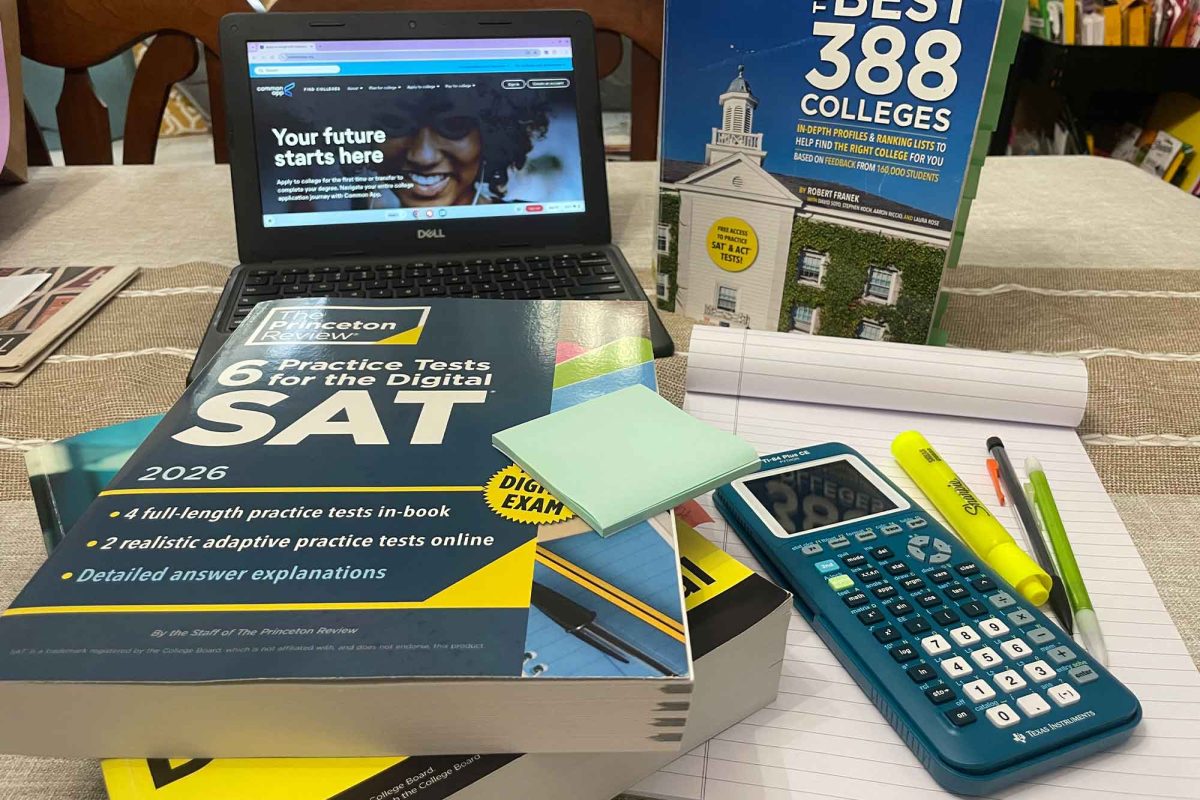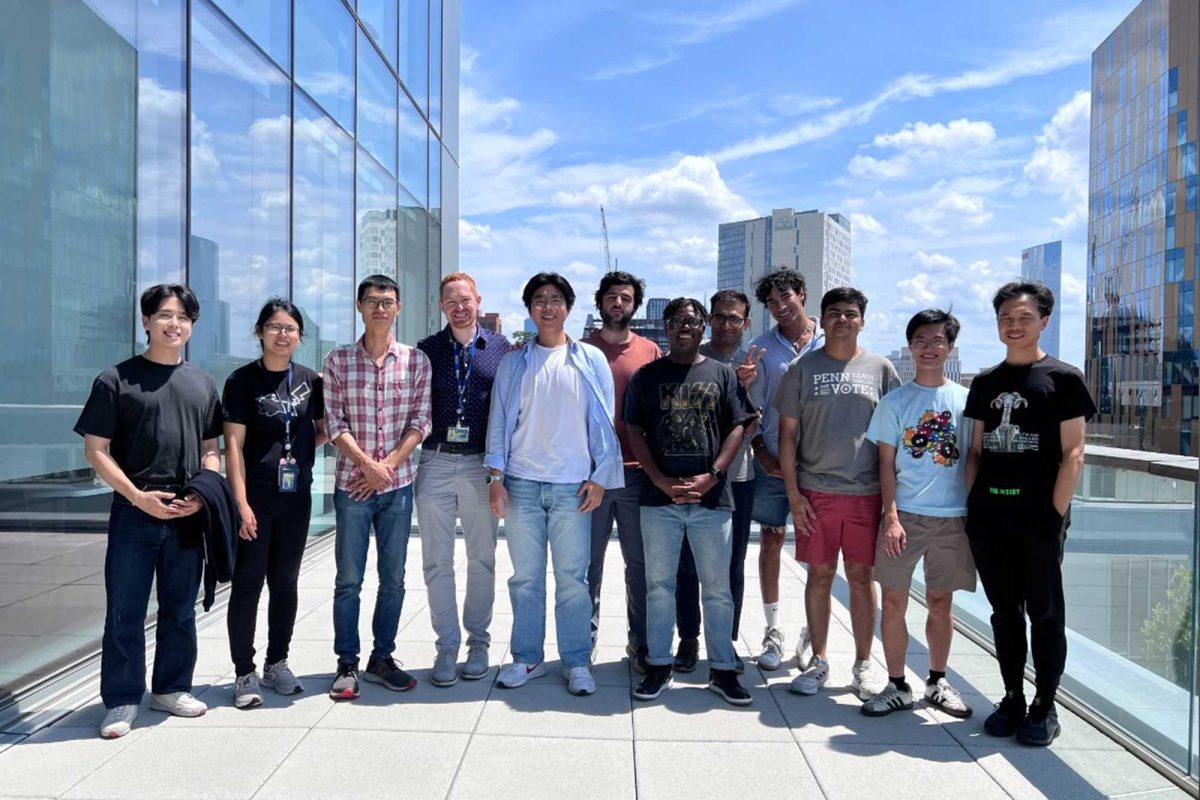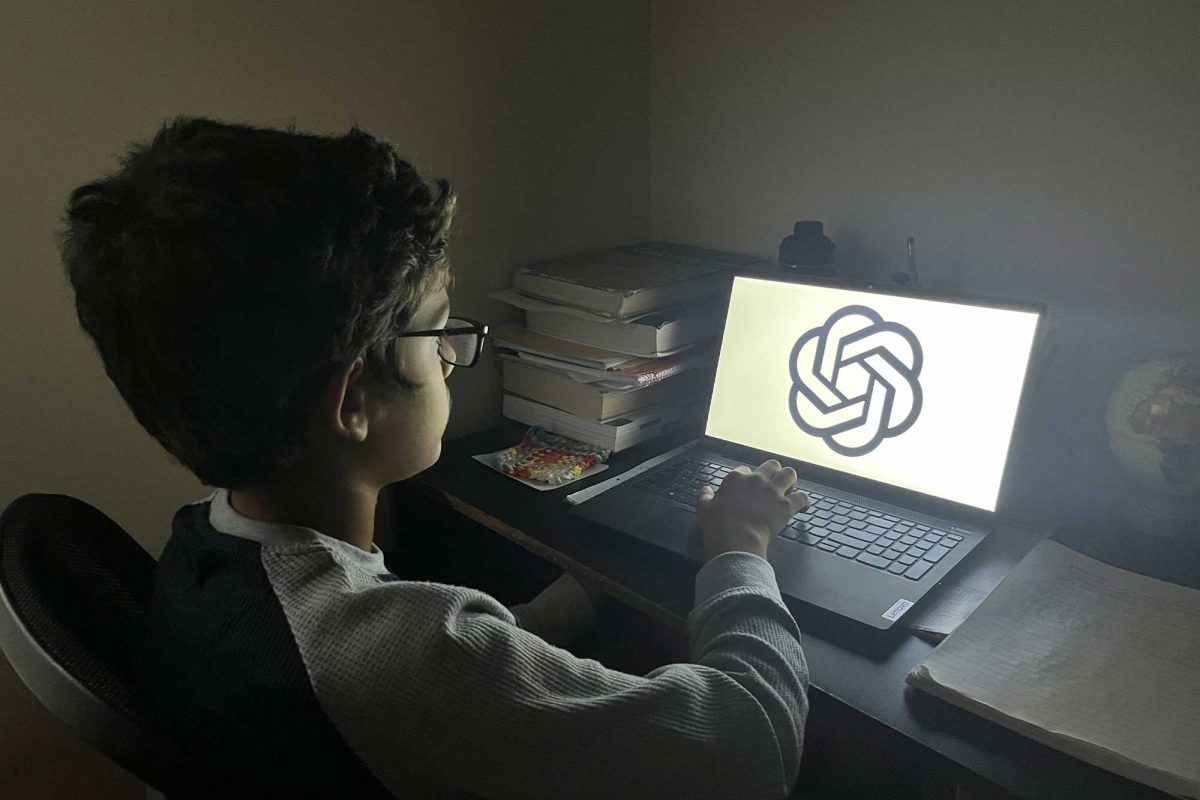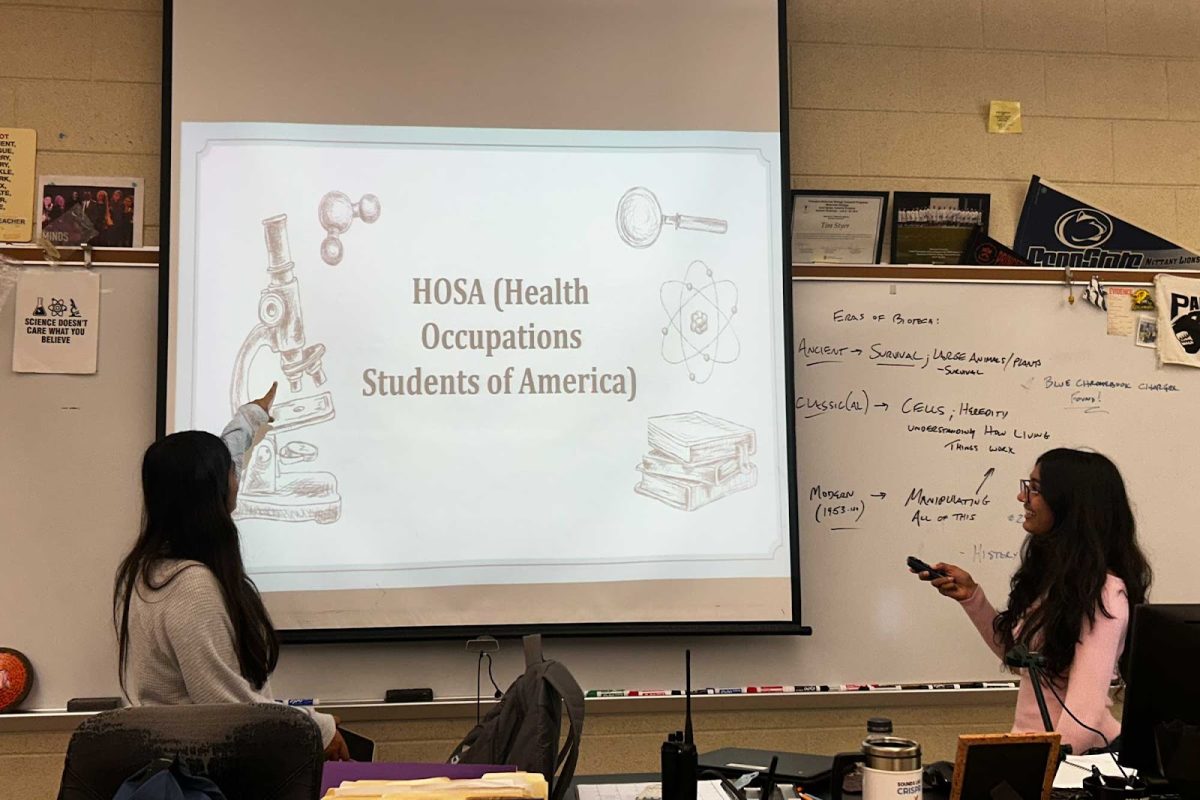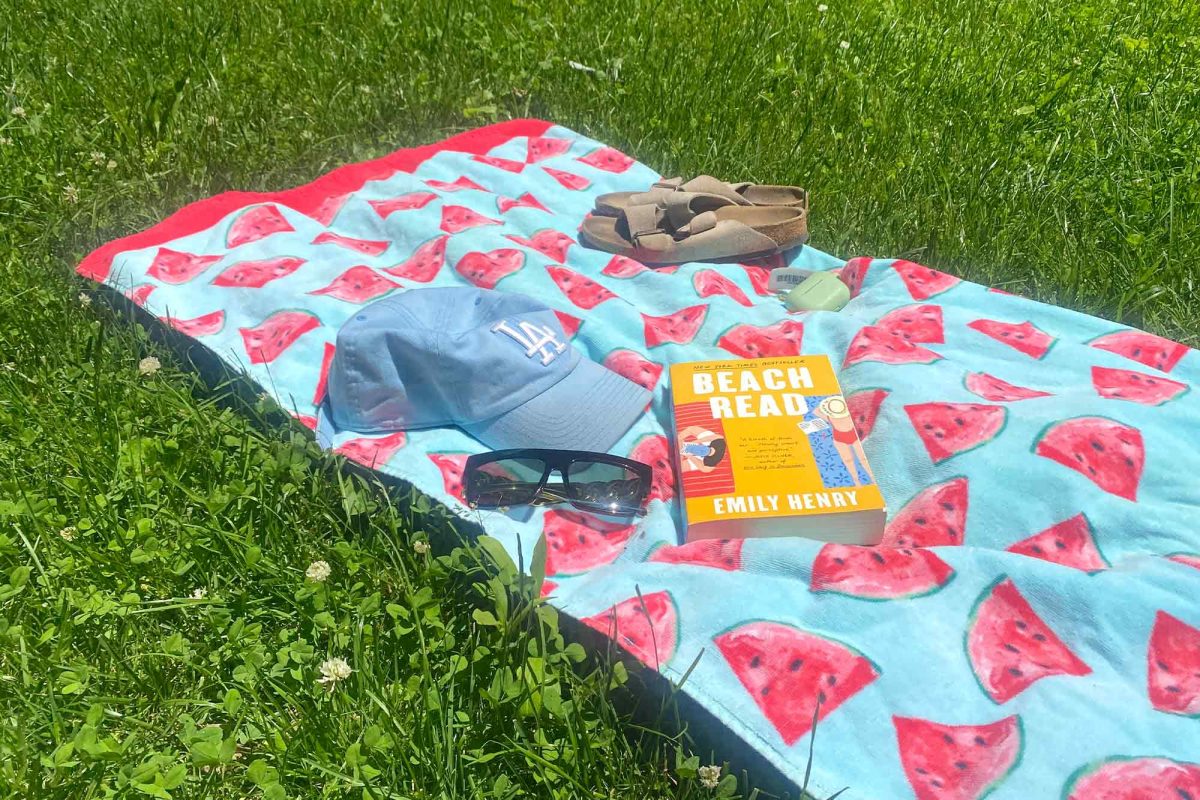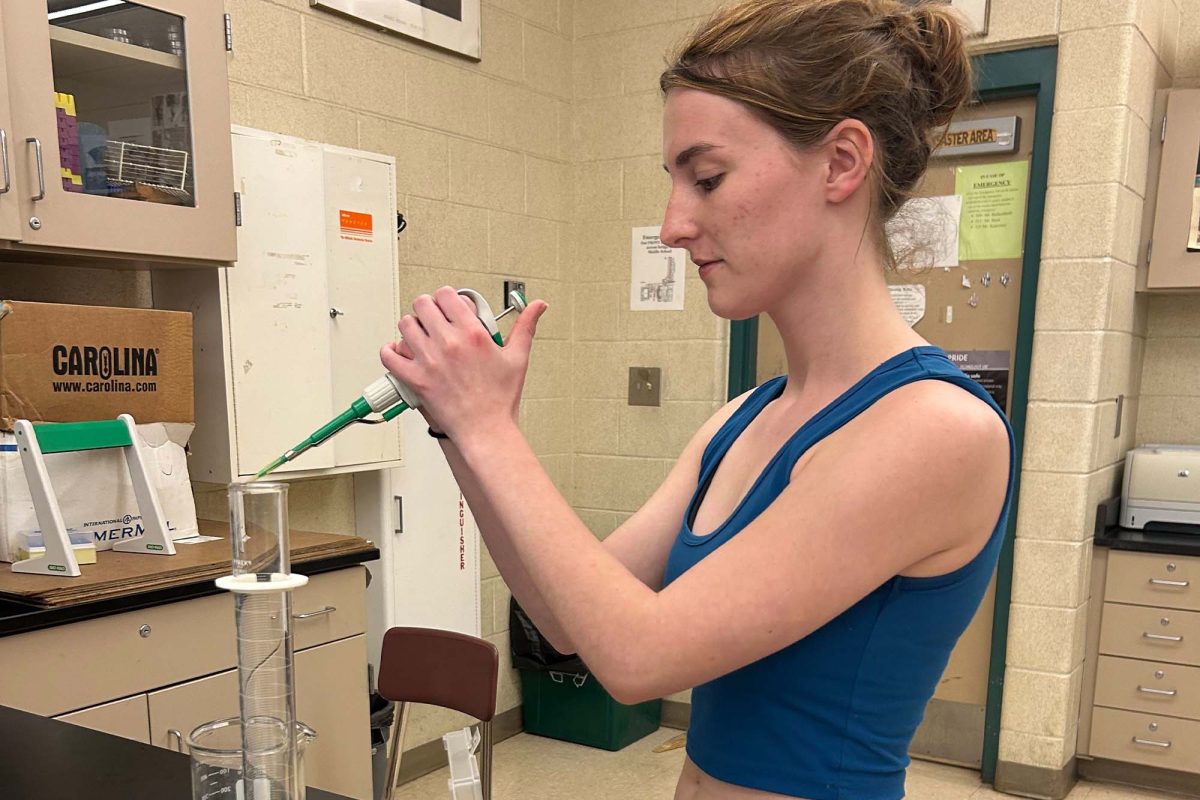Bird flu, a highly contagious viral disease, also known as avian influenza or H5N1 bird flu, has made its way from poultry to the human population.
Growth only continues from there. The Centers for Disease Control and Prevention (CDC) reports that although bird flu has only affected 36 people in the United States, as of the week of October 29, 2024, case numbers had risen by nine. The recent spikes raise questions about the future of this virus and the growing possibility of a pandemic, but first, it’s crucial to understand why exactly bird flu is making the progress it is making.
“Bird flu is spreading between species. We are getting it from additional mammalian species, not just birds. Now, more people have gotten it from cows,” biotechnology teacher Mr. Timothy Styer said.
The jump the virus can make from birds to mammals is one of the key steps that the virus has completed in becoming a threatening pandemic. However, person-to-person spread has not yet been confirmed.“The key to this is the fact, right now, bird flu can only infect your lungs,” Styer said. “You have to have heavy viral exposure to get it, meaning you have to constantly be around infected animals.”
However, like all viruses, bird flu is constantly mutating. Styer predicts that when, not if, the appropriate mutation is made, a bird flu pandemic will happen.
“The recognition site that the protein recognizes in our lungs when that mutates, and it can recognize receptor sites in our upper respiratory system, then it will be able to go person to person,” Styer said. “That’s the last thing that needs to happen for it to go from cow to person and then person to person.”
Styer emphasizes the certainty of this mutation. Bird flu has been on the watch for decades, even before the H1N1 and coronavirus pandemic occurred. Many epidemiologists predict bird flu to be the next pandemic.
“When I first started teaching pandemics, [bird flu] was the next one…[Epidemiologists] are still waiting for this [pandemic], they have been waiting for this one for decades,” Styer said.
Hearing this, a bird flu pandemic could raise concerns about a lockdown, which can raise tensions for education, as well. Many students found it difficult to learn to their best capabilities when taking online classes during the coronavirus pandemic quarantine.
A study by Thomas Kane from the Center of Education Policy Research at Harvard University, found that students who spent even just a month learning remotely missed equal to seven to ten weeks of learning.
“Being able to interact normally in class helps make learning easier, and since it was really limited on Zoom, it was a really difficult time for me to be able to learn,” sophomore Roxanna Shelton said.
Fortunately, the response to this pandemic is well-centered due to proper preparedness and previous research.
“The scary thing about bird flu is that it has a mortality rate of 50%. But when bird flu does become a pandemic, the increased spread will reduce that rate, and we also have things in place,” Styer said. “We’re ready with a vaccine, and we are very well prepared for type A flu, which is what [bird flu] is. We have research and equipment, we didn’t have that for the coronavirus, but we will with this.”
That said, Styer makes a distinguishing point about the stigma behind the term “pandemic.”
“Pandemics occur; about every 20 years, you will see a pandemic,” Styer said. “We are going to have pandemics every so often. We need to be better about detecting them and getting ahead of them, which we are doing for bird flu.”
Thus, while the idea of a bird flu pandemic may raise panic, it’s important to note that COVID-19 was an outlier. Many past pandemics have been type A flu which have been vastly researched, allowing for quick and accurate response. Bird flu will be the same deal.
“The thing about COVID was that no one really knew anything about it, and it all happened really suddenly,” Shelton said. “But for bird flu, it seems to be something that we’ve experimented with a lot. The same goes for remote learning. The two things aren’t unknown, so if any outbreak were to happen, I think it would be less about figuring out what to do and more about doing what we have to do efficiently.”





